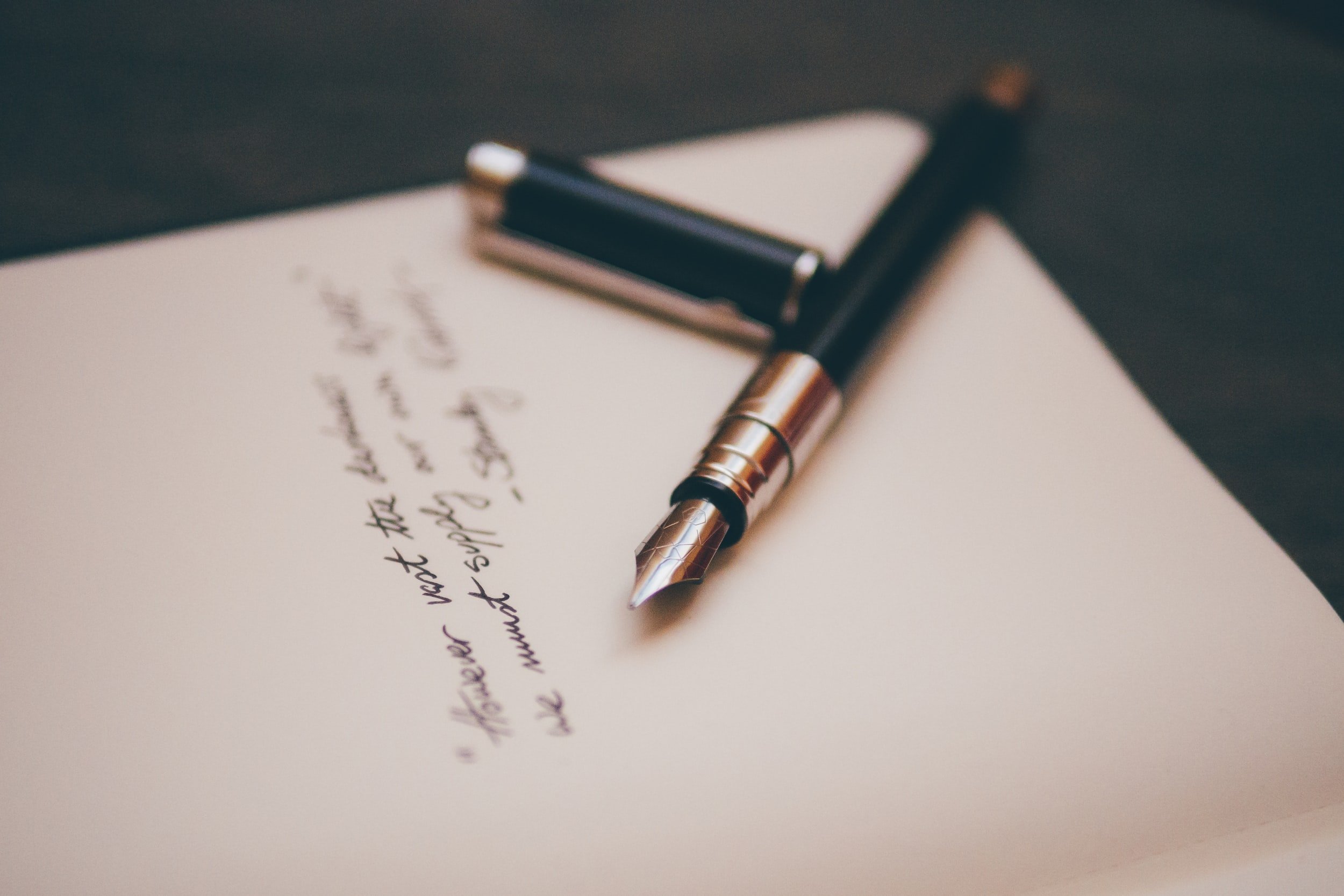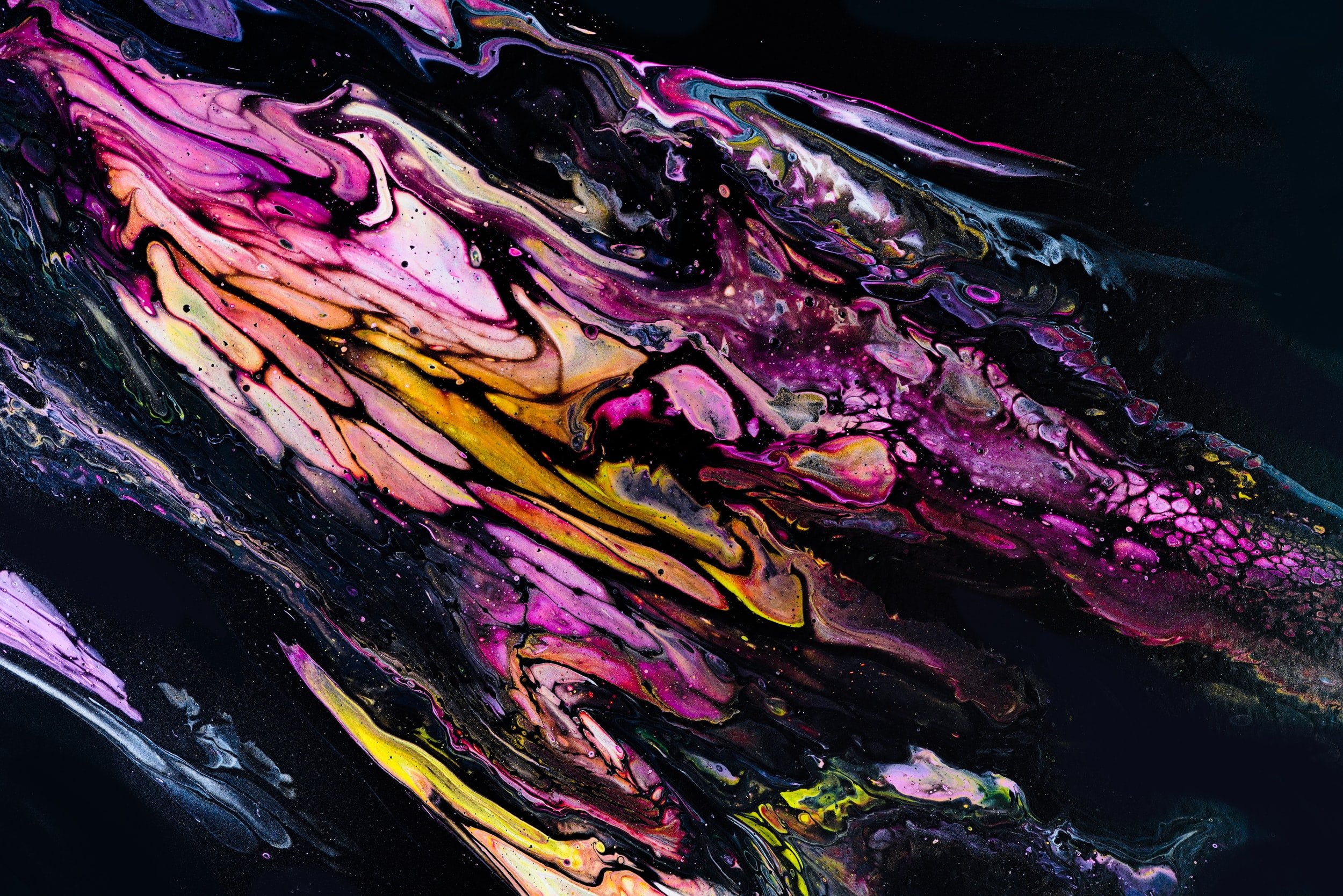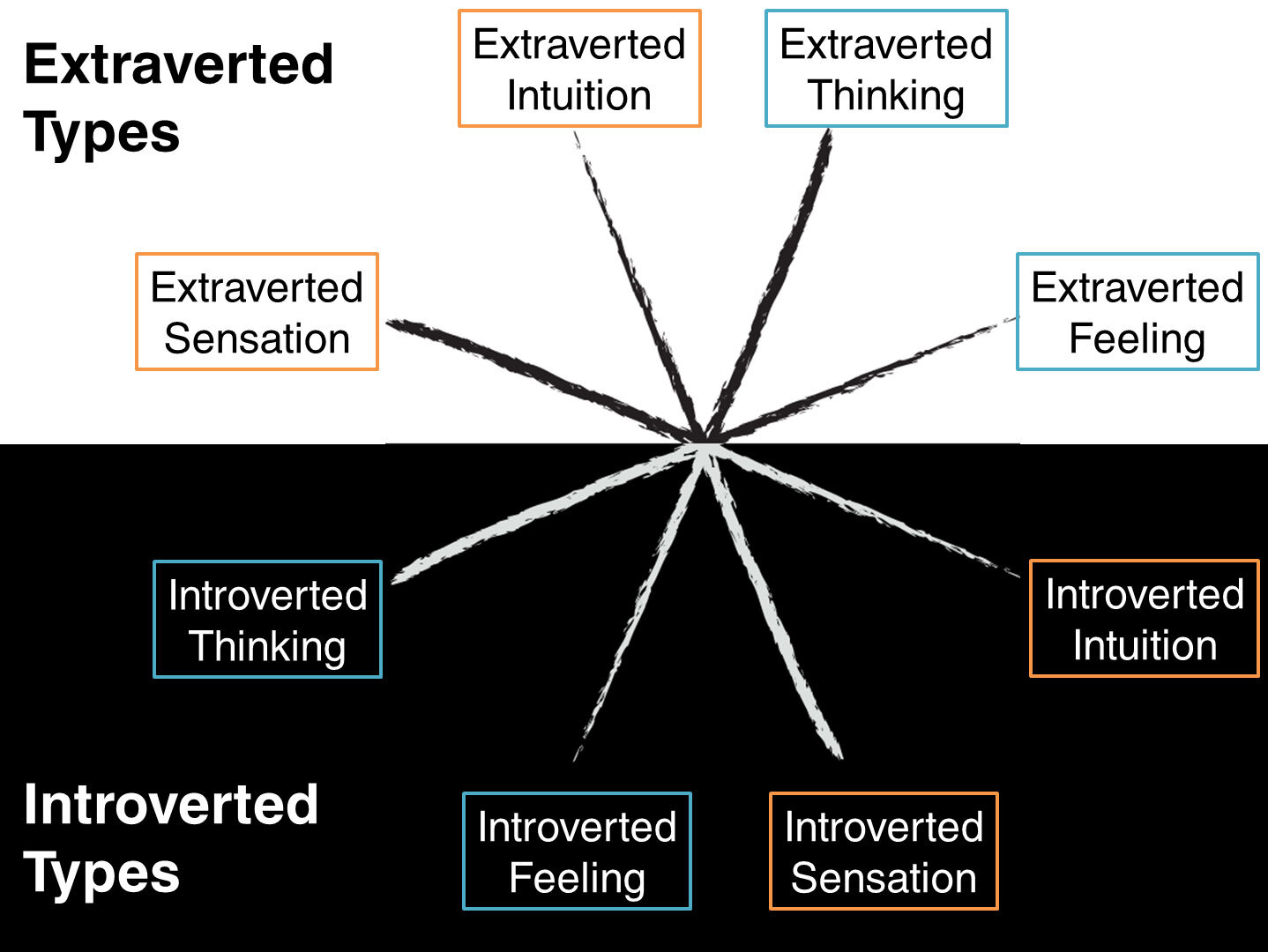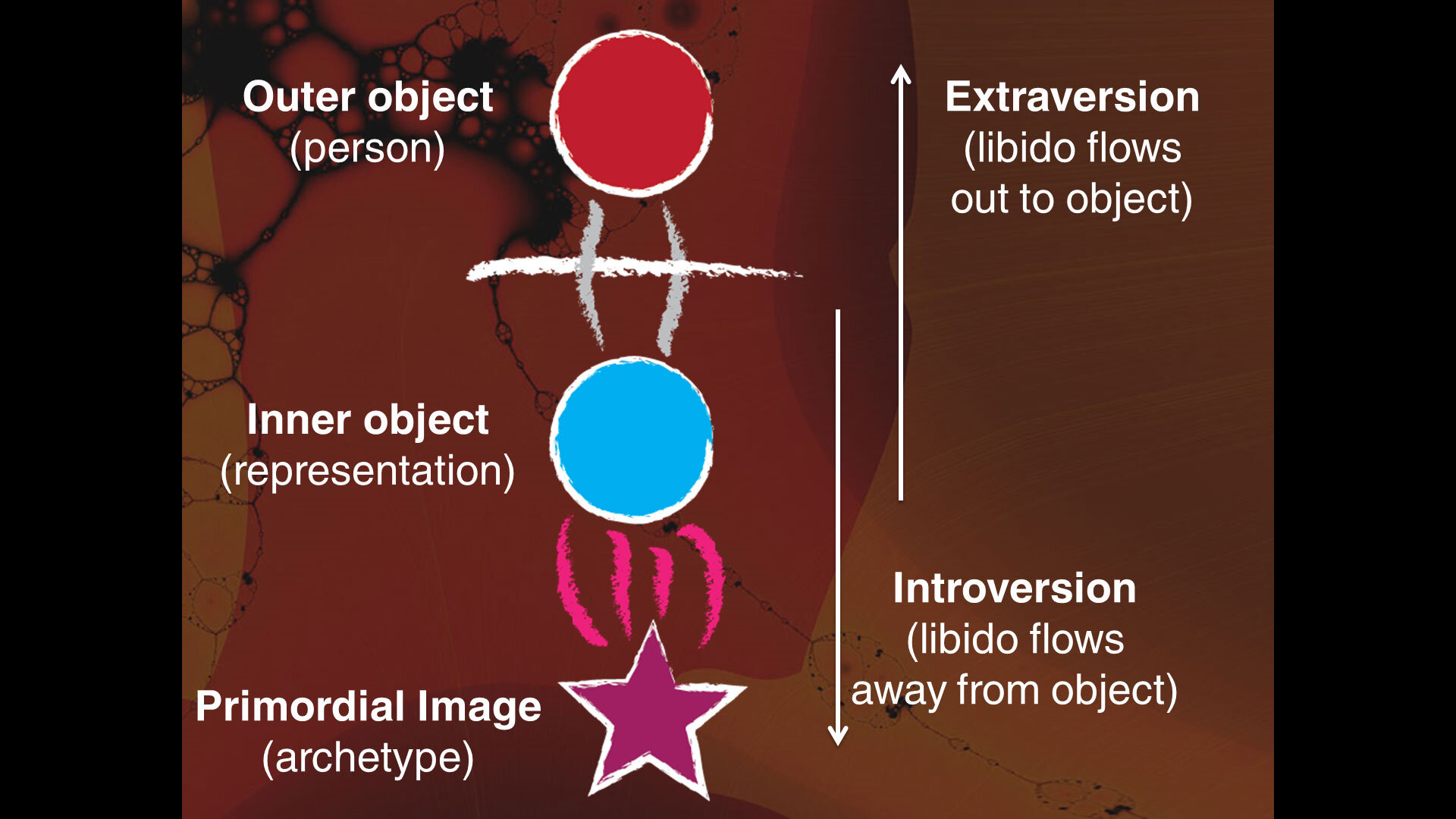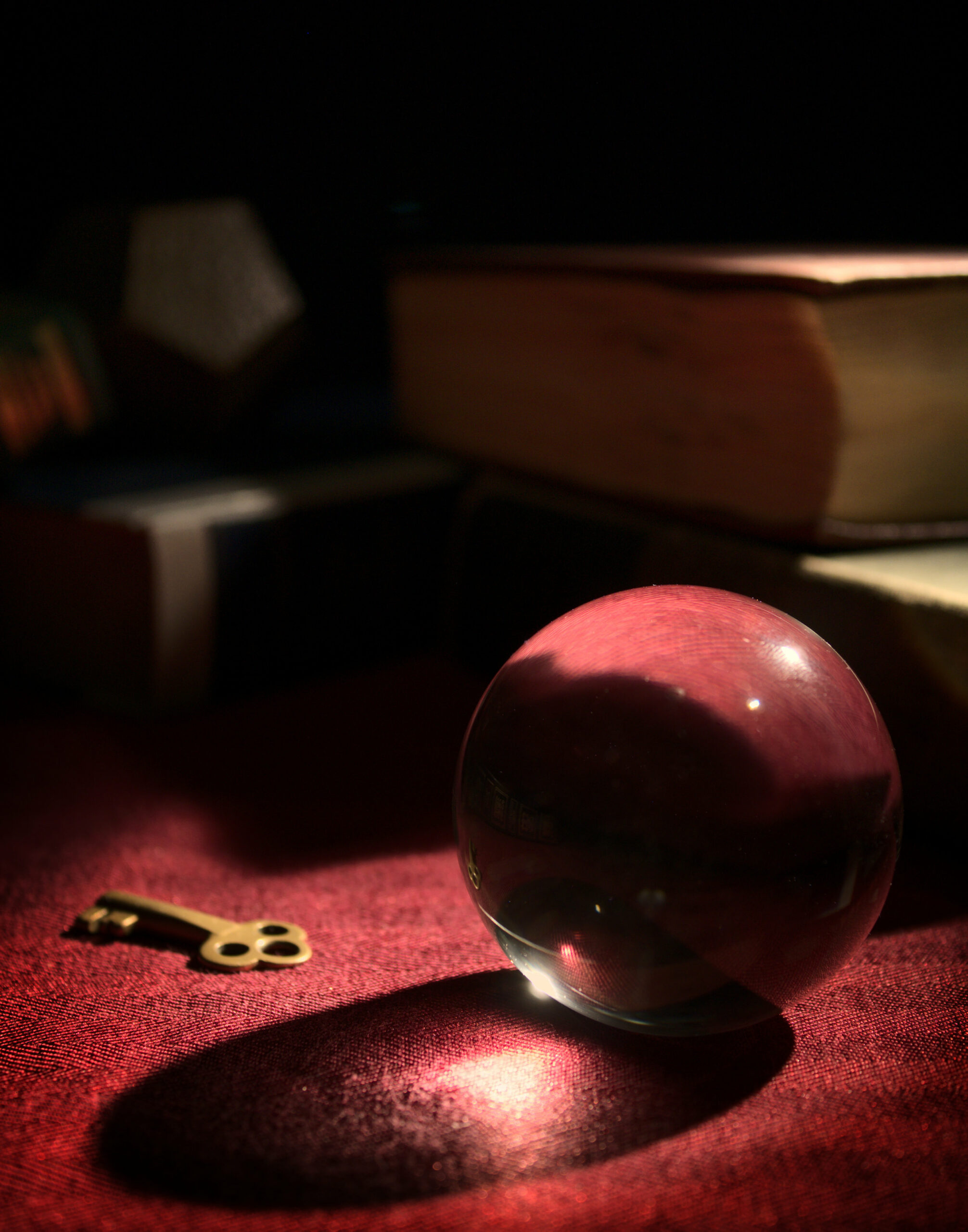Trans-Gender Psychoanalysis
In 2021, I taught a postgraduate seminar called “Trans-Gender Psychoanalysis” as part of the curriculum of the Adult Psychoanalytic Training Program and Fellowship in Hospital-Based Psychotherapy at the Austen Riggs Center. Teaching this seminar meant a lot to me personally, and I am making the syllabus available publicly to provide a resource for other people looking to teach or learn about trans identities in psychoanalysis. (Image credit: Ted Eytan [CC BY-SA 2.0])


